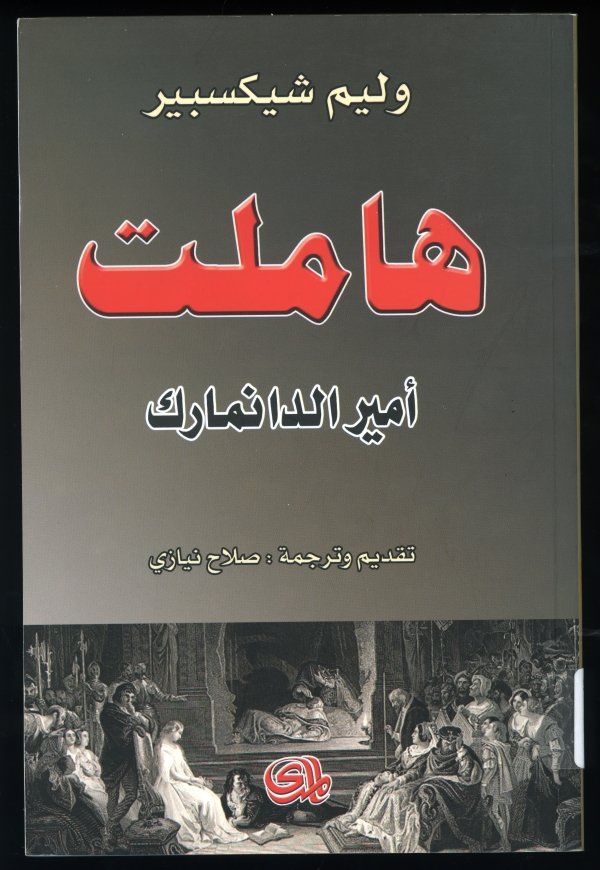25th May is Jordan Independence Day. To mark this occasion, Yasen Alkinani, General Manager of Rania Tours in Amman (Jordan), has kindly contributed two filmed readings of extracts from Shakespeare's works in Arabic to our blog series Translating Shakespeare. The extracts are from Hamlet (‘To be or not to be’) and The Merchant of Venice (‘The quality of mercy’). In the videos you can see Yasen wearing the traditional Jordan national costume. I hope you enjoy his readings as much as I did.
A few years ago Yasen donated two translations of Hamlet to the Shakespeare Birthplace Trust Library which filled a gap in our collection of foreign language texts.
Over the course of the 20th century Hamlet underwent a transformation in the Arab theatre world. Whilst in the early 20th century Hamlet was performed as a musical, which included a happy ending, this changed dramatically during the June War in 1967. Intellectuals like the theatre critic Nehad Selaika searched for ways of expressing their trauma and interpreted their anguish through Hamlet: “I think Hamlet’s ‘O curse spite that I was ever born to set it right’ and his ‘the time is out of joint’ have touched a raw nerve in all intellectuals of the 1960s after the horrible 5th of June. I think he fits well as a metaphor for their sense of impotence, betrayal, spiritual desolation and psychic dislocation.” During the 1960s Arab poets increasingly drew on Hamlet and the play became part of the regular curriculum in schools and universities.
Early 20th century translations of Hamlet contain many departures from Shakespeare and even changes to characters. One of those translators who took great liberty with Shakespeare’s play was referred to as an “icon of infidelity” among theatre critics. However, it didn’t take long until more faithful translations appeared: in 1922 the lawyer and political journalist Sami al-Jruyadini was the first who translated Hamlet directly from English into Arabic and broke with the tradition of previous translators who translated Hamlet from French.
A translation can change the play's meaning and is fraught with difficulties, especially when translating a play into Arabic. Unlike most European languages Arabic doesn’t have a dramatic tradition and plays weren’t written in Arabic until the early 20th century. The two Hamlets in Arabic presented by Yasen were translated by Salah Niazi and Dr. Rihab Akkawi both highly regarded translators. Salah Niazi is also considered a pioneer of Arabic poetry.
With many thanks to Yasen Alkinani.

